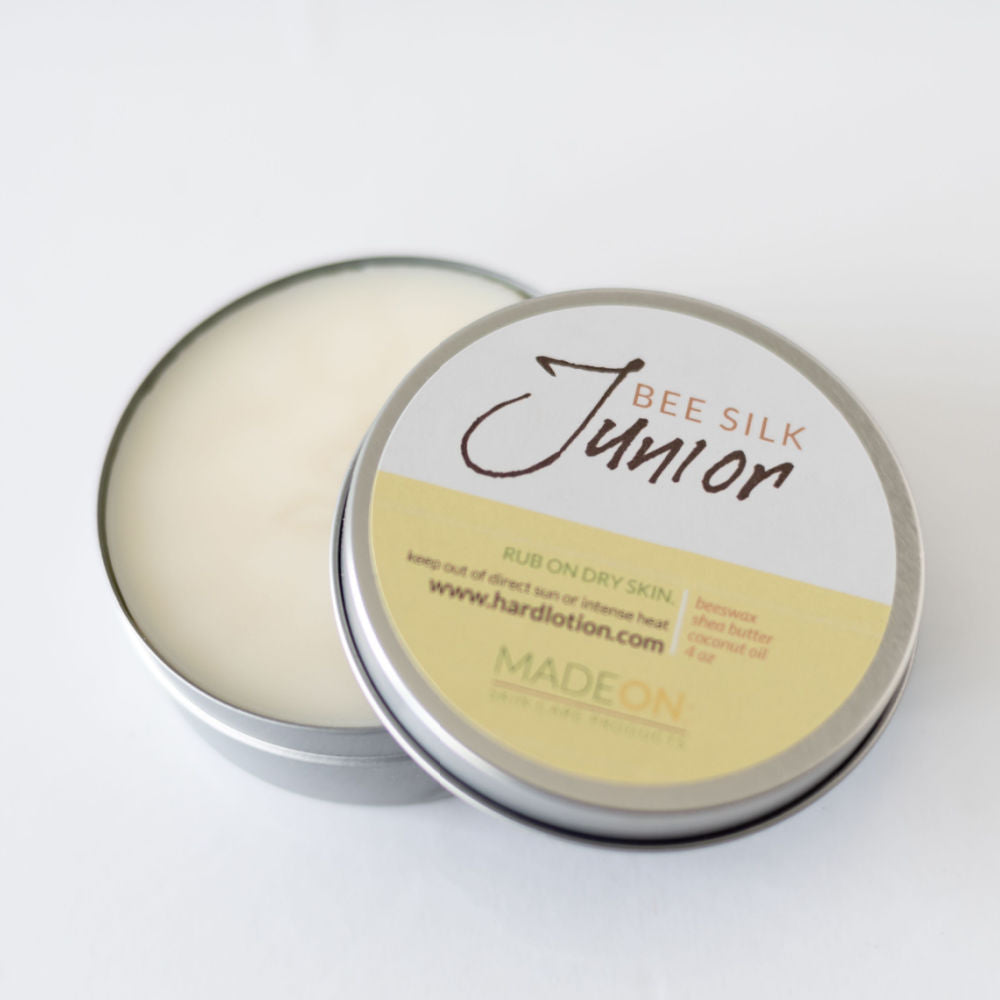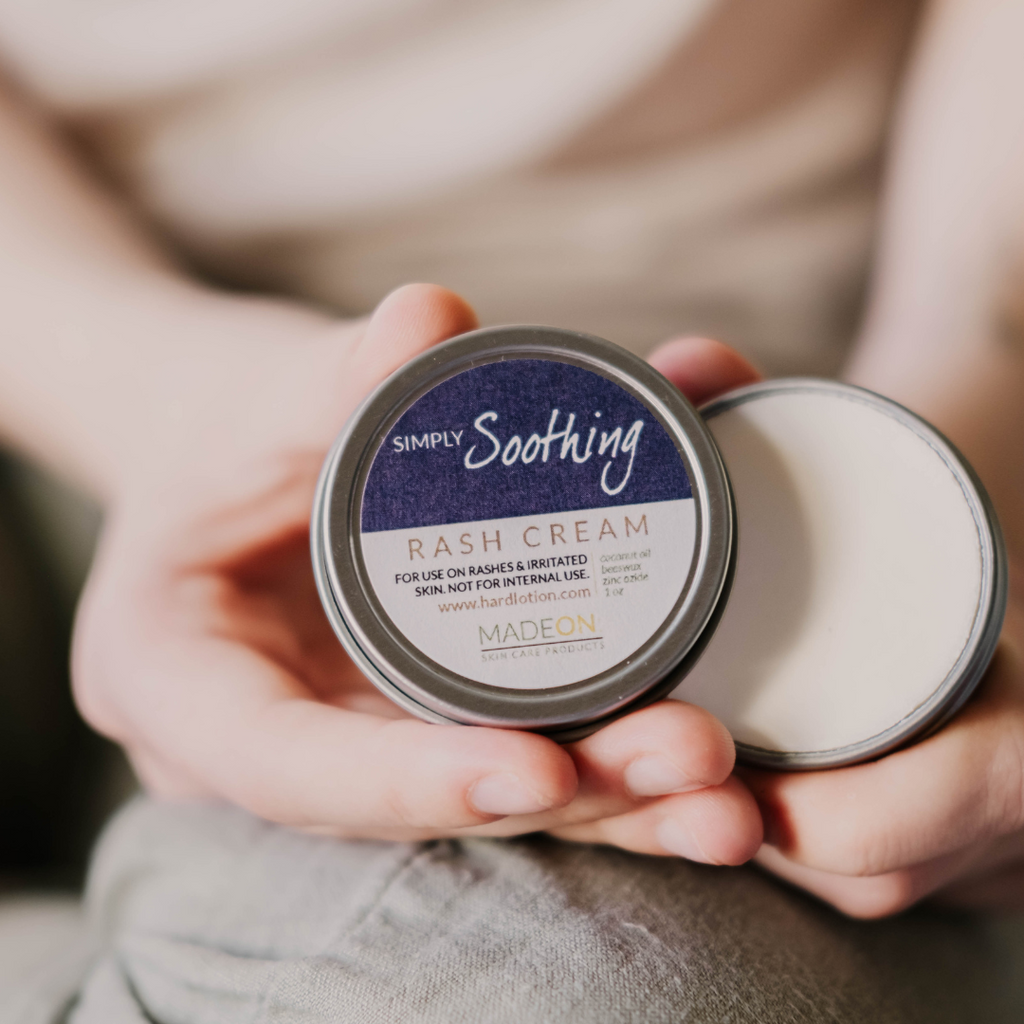Ingredients like seed oils, preservatives and fragrances are bad
Hook yourself up to any podcast in the functional medicine or naturopath field and you'll quickly learn that seed oils are bad to consume. They are in ultra processed foods like Doritos, Cheetos, and also in salad dressings, snack foods and granola bars, to name just a few.
What are seed oils?
-
Soybean Oil: Soybean oil is widely used in processed foods and cooking oils. It is high in omega-6 fatty acids, which, when consumed in excess, can contribute to inflammation and various health issues.
-
Corn Oil: Like soybean oil, corn oil is rich in omega-6 fatty acids. It's commonly used in cooking and food processing, but its high omega-6 content is a concern when consumed excessively.
-
Cottonseed Oil: Cottonseed oil is another seed oil high in omega-6 fats. It's used in cooking oils and processed foods, but its inflammatory potential is a concern for health-conscious individuals.
-
Canola Oil: While canola oil has a better omega-6 to omega-3 ratio compared to some other seed oils, it still contains a significant amount of omega-6 fatty acids. Excessive consumption can lead to an imbalance in the body's fatty acid profile.
-
Sunflower Oil: Sunflower oil is used in cooking and food preparation. While it contains some beneficial nutrients, its high omega-6 content is a concern when consumed in large quantities.
-
Safflower Oil: Safflower oil is similar to sunflower oil in terms of its omega-6 fatty acid content. It's often used in cooking oils and processed foods.
Why are seed oils bad in skin care?
First, if it's bad to consume, then you shouldn't be putting it on your skin.
These seed oils are considered problematic primarily due to their high omega-6 fatty acid content. While omega-6 fatty acids are essential for health, they need to be balanced with omega-3 fatty acids. An excessive intake of omega-6 fats, especially in the absence of sufficient omega-3s, can promote inflammation in the body and contribute to various health problems, including:
-
Inflammation: A high intake of omega-6 fatty acids relative to omega-3s can lead to chronic inflammation, which is linked to conditions such as heart disease, arthritis, and autoimmune disorders.
-
Imbalanced Omega Fatty Acid Ratio: The modern Western diet often contains an imbalance of omega-6 to omega-3 fatty acids, with an overabundance of omega-6s. This imbalance is believed to contribute to inflammatory processes in the body.
-
Cardiovascular Health: Excessive consumption of omega-6 fatty acids from seed oils may promote the development of cardiovascular issues like atherosclerosis (hardening of the arteries) and high blood pressure.
-
Skin Health: When applied topically, seed oils high in omega-6 fatty acids may not be suitable for all skin types. They can potentially contribute to skin inflammation, eczema, rash, acne, and other dermatological issues, especially in individuals prone to sensitive or acne-prone skin.
-
Oxidative Stress: Some seed oils, when heated during cooking or processing, can undergo oxidation, leading to the formation of harmful compounds that contribute to oxidative stress and cellular damage in the body.
It's essential to note that not all seed oils are necessarily harmful. Some oils, such as flaxseed oil and chia seed oil, are rich in omega-3 fatty acids and can be beneficial when consumed in moderation as part of a balanced diet.
Additionally, oils like olive oil and avocado oil, which are low in omega-6s and high in monounsaturated fats, are considered healthier options for cooking and skincare.
What other ingredients are problematic in skin care?
For one, water.
Yes, water, the essential element of life, is not as innocuous as it seems in skincare products.
Water-based products require preservatives to prevent bacterial growth, leading us to question the safety of these preservatives on our skin.
Delving deeper into the world of skincare ingredients, we uncovered the hazards of preservatives commonly used in beauty products. Parabens, for instance, have been linked to hormonal disruptions and potential risks of breast cancer.
Meanwhile, formaldehyde-releasing preservatives, often found in shampoos and body washes, can cause skin irritation and respiratory issues.
So can fragrance oils.
We recommend products with natural, non-toxic ingredients and steer clear of harmful additives like parabens and formaldehyde-releasing preservatives.
There's a powerful reminder here that skincare goes beyond vanity – it's about making informed choices that promote not just beauty, but overall health and well-being.
Next time you reach for that lotion or cream, take a moment to read the label and uncover the truth behind the ingredients.
Your skin will thank you for it.
Products I recommend
Beesilk Reviews

Laura
"Received the pocket sized tin for Christmas and I've used it on my hands and elbows about 4 times now and I cannot believe the immediate difference!
My elbow feels completely smooth for a LONG period of time (instead of what feels like a minute with traditional lotion) and I cannot wait to keep using this to see how much better it gets.
I've already ordered more for my side of the family and have a wish list built up!"

Layna
"Thank you so much for doing the [Beesilk] Junior in lavender!! It's amazing! My granddaughter has eczema and loves the junior but I absolutely love that now we have a great smell too!! Thanks so much!!!"

Emily P
"I absolutely love the texture and feel of the Bee Silk Junior! Kind of a hard, waxy-like butter, but melts easily when rubbed onto skin. I use the back of my fingernail to push up however much I need. Makes my hands and feet so super soft, and it provides a nice beeswax layer that keeps my hands soft even after a couple washings. I also love the smell! It must be the beeswax with a very subtle honey-like scent. Mmm! I'm always looking for a good, healthy balm or body butter to use, and this one, with only 3 ingredients, is just right for what I need."
The lotion bar has stopped the dryness aroubd my ankles & heels. The heels of my feet used to itch unbearably, so I would use the pumice stone & lather them up. Nothing gave me daily relief..except the lotion bar. I use it over my entire body, including my face & my foundation glides in. My skin is sulky smoothI am so content & recommend Made On items to everyone!!
Excellent product, as always!
Perfect for eczema
I love this hard lotion bar. My feet, especially my heels, had been so cracked and dry (even more so in the winter) that I had to do something. Your hard lotion bar is perfect - every time after my shower, I rub it all over my feet, especially my heels, and it has made such a difference! I've been using it for years now, and I just ordered more as my last bar is being used up (it broke in half recently, but it still works beautifully). Thanks for making such a great product.
I tried the lotion bar out of curiosity and am so glad I did. It's fantastic and purse/travel friendly. I will be gifting these this holiday season!!
great product. Love the small size. fits my hands the best. But they need help with their social media approach. I get daily email spams.
Love my Beesilk lotion bar because it helps my extremely dry skin with only three ingredients. I also ordered the foot balm for my cracked heels. By the next morning I was surprised to find my heels were ready for sandals again and my skin was no longer ashy and dry.
Smells great, works well to moisturize skin
Great product
My hands get very very dry, I wash them often but a little bit of this salve goes a long way! It leaves my skin feeling and looking so soft! I love it and will be repurchasing when I run out!
I bought this for my toddler. She has a very dry spot in her foot. This is helping that to heal!
When it comes to skin care, especially if I need it to be moisturizing, I am beyond-picky. Seriously, if it doesn't work, I won't bother to use it - but this Beesilk Jr? Oh my. Not only is it non greasy, but because it works like a dream to moisturize my sensitive, over-reactive skin that - for well over a year now - I love the results so much that I've used it as an all-body lotion after a shower every. single. day.
I ordered the Lavender Beesilk Junior and what I received was relaxation in a tin! The bar is softer than their original Beesilk, and it’s perfect for sensitive skin, especially newly healed scars. The scent is delightful, mild and not overpowering.
Love the Junior Lavendar lotion and am never without it. I have a small tin for purse/travel and the large size in my bathroom. I keep it open on my counter so I never fail to swipe it when I walk into another part of the house. Does wonders for my cuticles, hands, elbows &. more. Love that it’s so clean that I never have to worry about bad chemicals. My kids get the small ones in their stockings every year! Smells great and never overwhelms. Get yours now!
I ordered the Bee Silk Junior because the website says it’s easier to apply on delicate skin. I’m a mature woman who has sensitive not delicate skin. I found the contents of the tin too firm and it made application time-consuming and somewhat difficult. I purchased this item for travel thinking it would be convenient but the consistency of the product makes application tedious.
Loved by a person with sensitive skin. And easy to put in a carryon. Gtratefully received.
I love your hard lotion bars but as I get older, I'm finding that softer things just go on easier! This winter was especially harsh so very glad for the softer Jr version with all the same lively ingredients - sooo soothing!
I bought this balm to moisturize my eye area. I have very dry eyes, and during winter my eyes tear then it quickly dries. Because tears are salty, it hurts outer edge of my eyes. Since I started applying this balm my eye area doesn't hurt anymore, doesn't get flakey anymore. Very good product.




